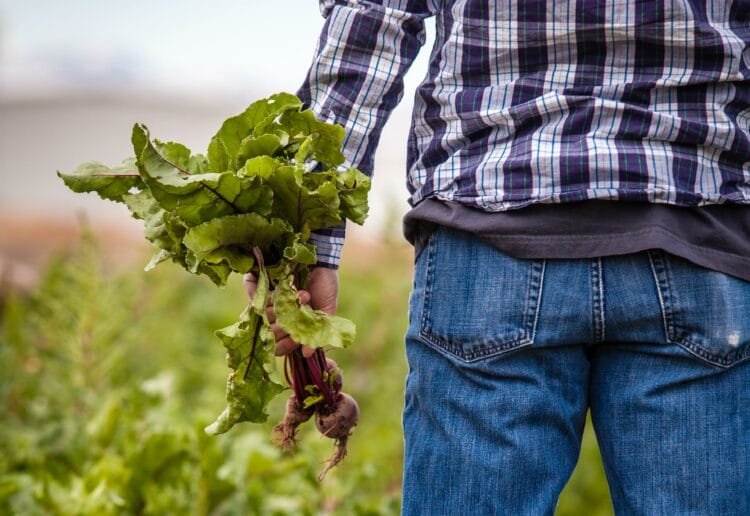POOR mental health has increased in farmers, reports a new study from the University of Reading.
The institution worked with Exeter University and Sheffield University to discover that while Covid-19 led to worsening mental health among farmers, those surveyed were already struggling prior to the pandemic.
Incoming changes to the basic payment system to support farmers following Brexit were a major factor for worsening mental health, alongside isolation, bureaucracy, and climatic conditions.
Today (Wednesday), MPs, agricultural leaders and academics heard today about results from the Landscapes of Support for Farming Mental Health project.
It was funded by the ESRC in response to the global pandemic and the impact it had on farmers.
Neil Parish MP, chair or the Environment, Food and Rural Affairs Select Committee attended the presentation.
He said that his parliamentary committee has launched an inquiry into rural mental health and is hoping that valuable lessons will be learnt from the research project.
He added: “Expert research into this issue from the ‘Landscapes’ team and others will help inform the recommendations we’ll eventually make to the Government about how its support to rural communities on mental health matters can be improved.”
Dr David Rose, Elizabeth Creak associate professor of agricultural innovation and extension at the University of Reading led the research.
He said one of the biggest impacts of the pandemic was to widen the already existing cracks between farmers and their support networks.This, he said, exacerbated the poor mental health that many farmers were already experiencing.
“Covid itself was just the tip of the iceberg, with the biggest change to agriculture as a result of Brexit beginning in January 2021,” he added.
“Against the backdrop of huge regulatory change, the first wave of the global pandemic was especially hard on farmers with the driest spring on record, the removal of formal and informal support networks and major shifts in patterns of consumption and demand.”
The research also found that some services from charities, trade and governmental bodies were unavailable during the pandemic.
Dr Caroline Nye, research fellow at the Centre for Rural Policy Research at the University of Exeter said: “Formal support systems for the agricultural community have long played a vital role towards maintaining not only business resilience but also personal wellbeing.
“The challenges currently faced by farmers continue to put pressure on their business, their resources, and their health.”
She said that it is important to understand how farmers can be better supported into the future, adding that the sector faces some of the most important transitions in agriculture of this generation.
Dr Ruth Little, lecturer in Human Geography and member of the Institute for Sustainable Food at the University of Sheffield said that Covid-19 and post-Brexit policy uncertainty created a “perfect storm’” to fuel stress and anxiety.
“This project points to important evidence on both the need for support mechanisms to be in place and indicates ways to ensure that this support is effective, well-funded and as joined up as possible,” she said.
The researchers recommend that mental health first aiders are urgently trained to provide signposting and support for farmers.
They also said that the shift to online provision for support services and charities makes the digital divide on broadband access in rural areas more urgent.
A full report from the project will be published in spring.
























